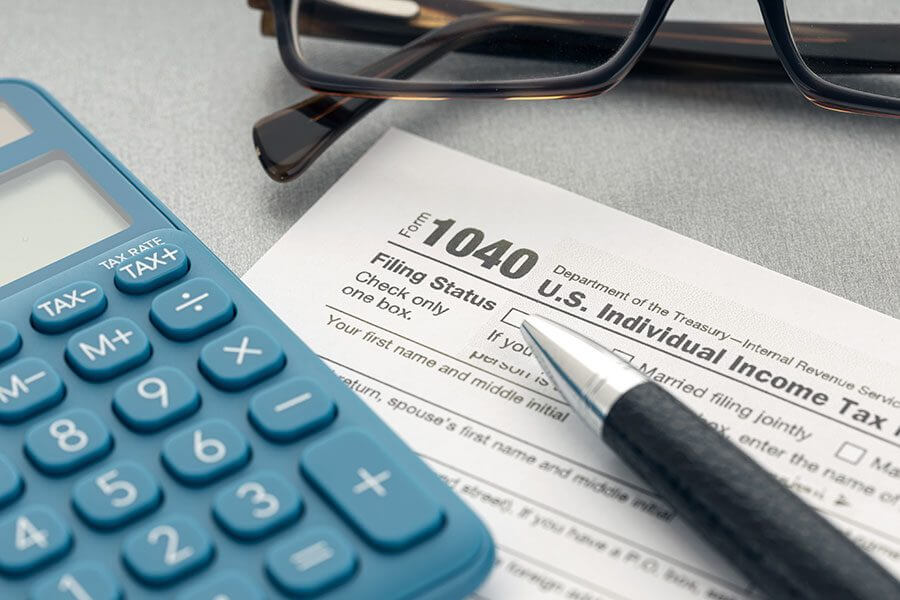It always seems that Tax Day comes sooner than expected, especially to people who set aside their tax returns to be filed at the last second. Tax Day has always been April 15th, or the next business day if it happens to fall on a weekend or holiday, but why should you wait to file your tax returns on the deadline?
Rushing to file your taxes on the deadline may be the fuel that drives you around panicking, but people need to bear in mind the alternatives and proper advice in filing their taxes. Often, taxpayers who rush their tax returns near the deadlines will forget to include income items they inadvertently forget, such as brokerage statements or taxable state refunds. People can also too forget deductions or items for which they can get a tax credit by rushing, mistakes which can cause the taxpayer to pay more tax than they should.
Understanding tax law may be difficult, but researching tax laws could never hurt your understanding of what applies to you when filing tax returns. Being organized can help you file your taxes more accurately, but organization may not always be the best advice for a taxpayer who forgot about filing. In the end, too many people panic and spend time trying to file their taxes on the day of the tax deadline. Stress and anger pile up for Americans who wait until the last day to file their taxes, but all the stress and resentment can be avoided by filing for a tax extension.
For Federal returns, Form 4868 can be used for filing extensions. It is important to note that this form will give taxpayers the ability to file later, it does not extend the time to pay any taxes due. Anyone who owes tax still must pay by April 15th of that year, regardless of the extension to file. Anyone who files for an extension should estimate the amount that would be due and make sure it is paid by April 15th, otherwise they could be hit with interest and late payment penalties from the IRS.
There are several ways for taxpayers to file an extension. If you plan on utilizing the service of a paid professional, they can simply reach out to that person and let them know that they will need an extension. Your paid professional should remind you to pay any tax that is due and can assist in helping estimate this amount. If you do not have a paid professional assist you, off the shelf software can also assist in estimating the amount due, if any, and filing the extension. As part of the modernized E-File system, the IRS and many states allow you to use their online services to file an extension without any fees. If you cannot access one of these systems, you can head to either a post office or local library to get paper copies of these forms and mail them in – just make sure it is post marked by April 15th.
The extension granted allows taxpayers up to 6 months to complete and finalize their tax returns and gather any additional documentation required. These additional 6 months can be helpful for people who are waiting on information from investments in partnerships or to gather and organize their data and file a complete and accurate tax return, hopefully eliminating the stress of an impending tax deadline.

Edward McWilliams, CPA
Partner
Ed is a Partner in the firm’s tax and business advisory practice focusing on providing services to middle market private companies across different industries as well as to early stage startups. Ed has over a decade of experience providing tax and business consulting services to these companies of different sizes and across different industries, bringing a broad and diverse knowledge base and strategic solutions to the many complex issues that businesses face.





